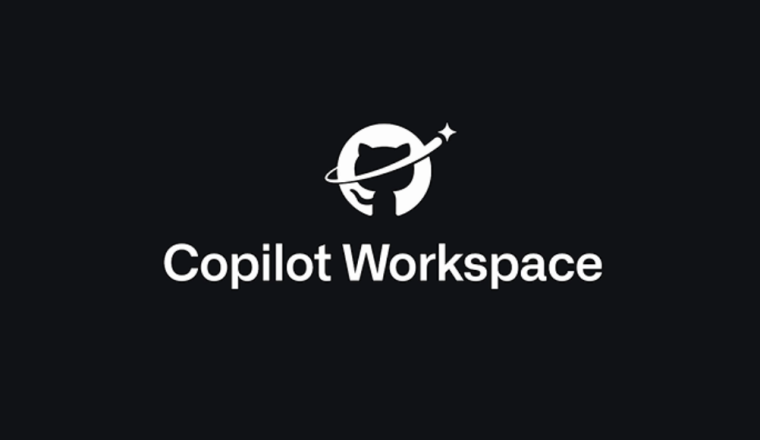GitHub Copilot Workspace: Revolutionizing Developer Environments with AI
GitHub has unveiled Copilot Workspace, an AI-native developer environment that promises to streamline coding processes, enhance productivity, and empower developers with cutting-edge tools. This innovative platform, initially teased at GitHub’s user conference in 2023, is now available in technical preview, inviting interested developers to join the waitlist for early access.
Copilot versus Copilot Workspace: Understanding the Evolution
While GitHub introduced a coding assistant named Copilot in 2021, the launch of Copilot Workspace marks a significant evolution in AI-driven development tools. Jonathan Carter, head of GitHub’s GitHub Next applied research and development team, distinguishes between the two offerings. Copilot assists in completing code snippets and synthesizing code within a single file, whereas Copilot Workspace operates at a higher level of complexity, focusing on task-centric workflows and reducing friction in starting tasks.
The Evolution of Copilot: From AI Assistant to Workspace
Since its inception, GitHub has continually refined Copilot, enhancing its code suggestions and adopting a multi-model approach. With support for OpenAI’s GPT-4 model and the introduction of an enterprise plan, Copilot has evolved into a versatile tool for developers. However, Copilot Workspace takes the concept further by providing a comprehensive AI-native environment aimed at empowering developers to be more creative and expressive.
Empowering Enterprise Developers: A Paradigm Shift in Development
GitHub anticipates that Copilot Workspace will significantly impact enterprise developers, offering greater productivity and job satisfaction. By facilitating experimentation and reducing implementation time, GitHub believes organizations will adopt more agile approaches, resembling smaller, more innovative companies. Moreover, standardization of workflows and skills across teams will streamline collaboration and reduce resource allocation for upskilling.
Key Features of Copilot Workspace: Enhancing Developer Experience
Copilot Workspace offers several key features designed to simplify common development tasks. These include:
- Editability at All Levels: Developers maintain control over AI-generated suggestions, enabling them to modify and iterate on code seamlessly.
- Integrated Terminal: Developers can access a terminal within the workspace, facilitating code testing and verification without context-switching.
- Collaborative Functionality: Copilot Workspace supports collaboration, allowing multiple developers to work together on projects efficiently.
- Optimized Mobile Experience: The platform can be accessed on mobile devices, enabling developers to code from anywhere, anytime.
The Road Ahead: General Availability and Beyond
While Copilot Workspace is currently available in technical preview, GitHub has not provided a timeline for general availability. Feedback from developers will inform the platform’s Go-to-Market strategy, with a focus on optimizing the user experience and addressing specific needs. Access to Copilot Workspace is prioritized on a first-come, first-served basis, with potential expansion to startups and small- to medium-sized businesses for rapid feedback collection.
In summary, GitHub Copilot Workspace represents a significant leap forward in AI-driven development environments, promising to revolutionize the way developers code and collaborate. As the platform continues to evolve, it holds the potential to reshape the future of software development, empowering developers to unleash their creativity and innovation.




